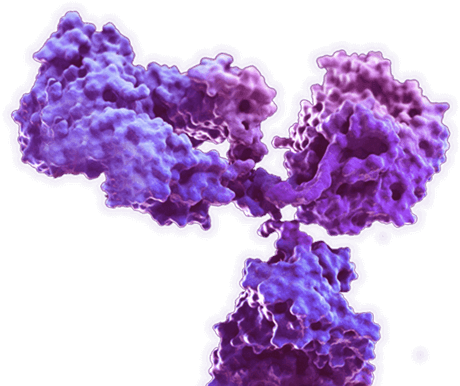- Home
- Centromeric histone H3-like protein-2
- Rabbit Anti-Centromeric histone H3-like protein-2 Antibody (MOF032922W99)
Rabbit Anti-Centromeric histone H3-like protein-2 Antibody (MOF032922W99)
Cat: MOF032922W99
Certificate of Analysis Lookup
To download a Certificate of Analysis, please enter a lot number in the search box below. Note: Certificate of Analysis not available for kit components.
Lot Number
To download a Certificate of Analysis, please enter a lot number in the search box below. Note: Certificate of Analysis not available for kit components.
Lot Number
| Size: | |
| Conjugate: | |
| Inquiry |
- Product Details
Specifications
| Host species | Rabbit |
| Species Reactivity | Brassica juncea |
| Immunogen | KLH-conjugated synthetic peptides derived from mustard centromere histone H3-like proteins 2:3-19/178 |
| Format | Liquid or Lyophilized |
| Buffer | 0.01M TBS pH7.4, 1% BSA, 50% Glycerol |
| Regulatory Status | For Research Use Only. Not For Clinical Use. |
| Shipping | Gel Pack |
| Storage | Store at 4°C: short-term (1-2weeks) Store at -20°C: long-term and future use |
| Purity | > 95% was determined by SDS-PAGE |
| Purification | Protein A |
Application Information
| Application | ELISA, IHC-P, IF, IHC-Fr |
| Application Notes | ELISA: 1:5000-10000 IHC-P: 1:100-500 IHC-Fr: 1:100-500 IF: 1:100-500 The optimal dilution should be determined by the end user. |
Target
| Introduction | Histones are highly conserved proteins that serve as structural scaffolds for organizing nuclear DNA into chromatin. The four core histones H2A, H2B, H3 and H4 assemble into an octamer (2 molecules each). Subsequently, the 146 base-pair DNA wraps around the octamer to form the nucleosome, the basic subunit of chromatin. Histone modifications regulate DNA transcription, repair, recombination and replication. The most commonly studied modifications are acetylation, phosphorylation, methylation, and ubiquitination. These modifications can alter local chromatin structure, or recruit trans-acting factors that recognize specific histone modifications (the "histone code" hypothesis). Trimethylation of histone H3 on Lys9 (H3K9me3) is one of the most studied epigenetic marks. H3K9me3 functions in the repression of epigenetic control of euchromatin genes and heterochromatin assembly, most likely by serving as a recognition motif for chromatin-associated protein binding such as Swi6 or HP1Alpha/Beta. The enzymes responsible for the formation of H3K9me3 are SUV39H1 and SUV39H2. |
| Alternative Names | centromere-specific H3 variant protein; Centromeric histone H3-like protein 2; Centromeric histone H3-like protein-2; cenp-A; A4PIF1_BRAJU |
See other products for " Centromeric histone H3-like protein-2 "
For Research Use Only | Not For Clinical Use.
Online Inquiry


